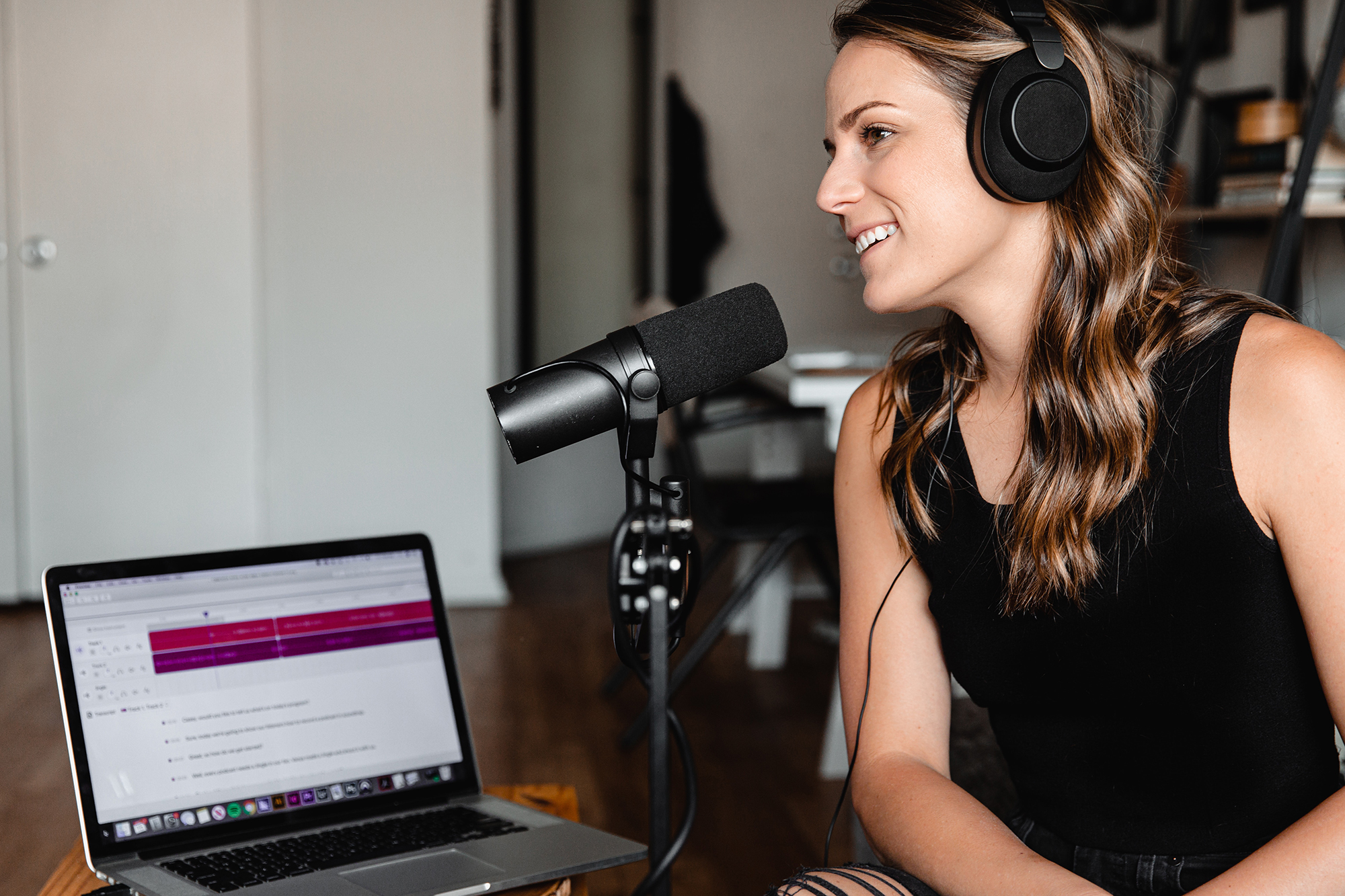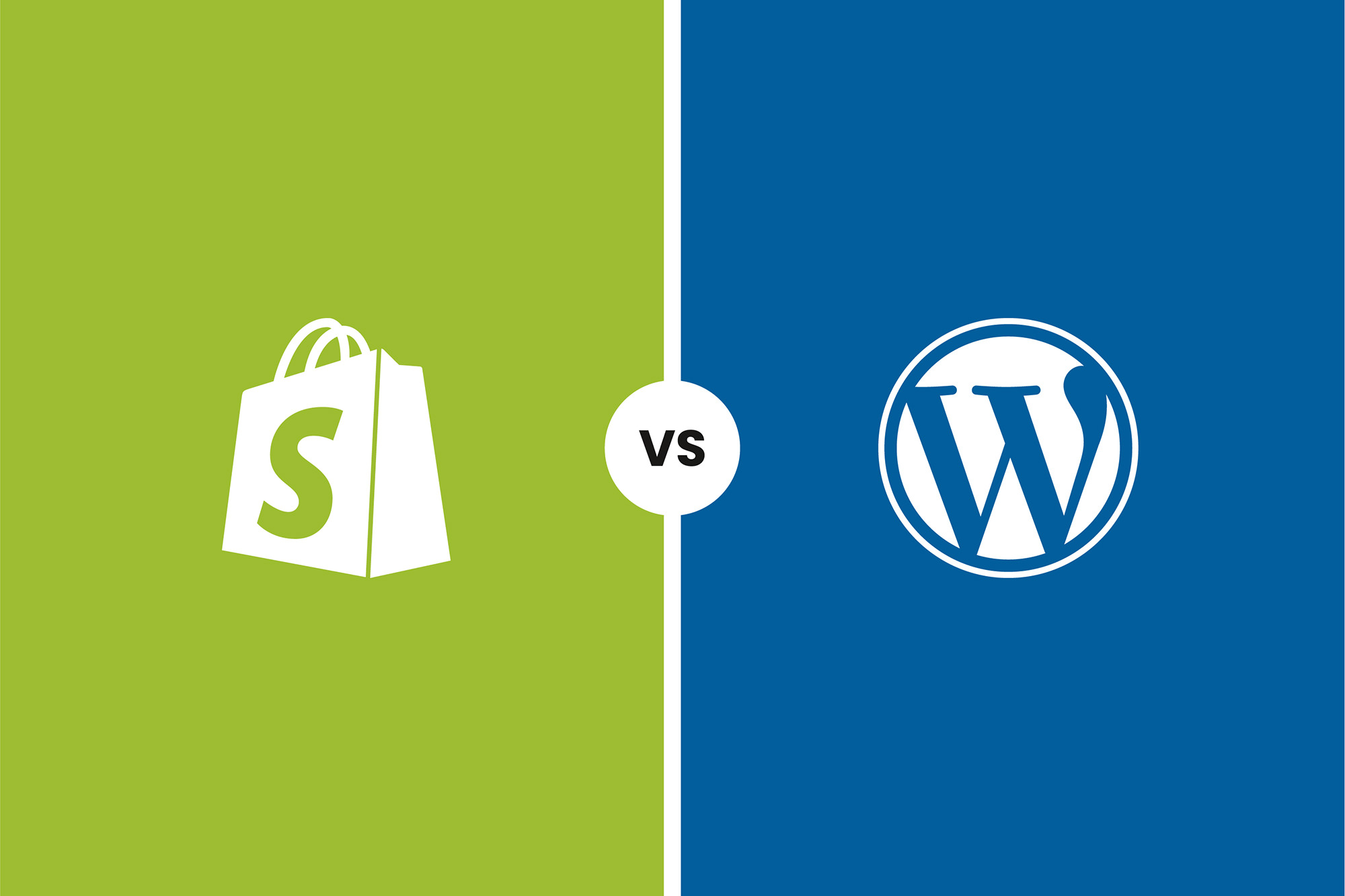Do you find yourself frustrated with the slow loading times of your WordPress website? Are you tired of losing potential customers due to an inefficient website? If so, it’s time to supercharge your website’s performance and improve your SEO rankings. With the right strategies and tools, you can transform your slow website into a speedy, high-performing machine. Not only will this improve your user experience, but it can also boost your search engine rankings and drive more traffic to your site.
In this article, we’ll explore several ways to optimise your WordPress website for speed and performance. From optimising images and plugins to utilising caching and content delivery networks you’ll discover practical tips and tricks to make your website lightning-fast. So, buckle up and get ready to take your website to the next level!
Why website speed matters
Website speed is a critical factor in determining the success of your website. Slow loading times can lead to a poor user experience and increased bounce rates, which can harm your search engine rankings. A slow website can also negatively impact your conversion rates, as customers are more likely to abandon a website that takes too long to load.
According to a study by Google, a one-second delay in page load time can result in a 7% reduction in conversions. In contrast, a fast-loading website can improve user experience, increase engagement, and boost conversions. In short, website speed matters, and optimising your website for speed should be a top priority.
Factors that affect website speed
Several factors can affect the speed of your WordPress website. These include:
Hosting: The hosting service you choose can have a significant impact on your website’s speed. A reliable web hosting service with fast servers can help improve your website’s performance.
Theme: The WordPress theme you choose can also affect your website’s speed. A lightweight and optimised theme can help reduce the amount of code on your website and improve its speed.
Images and videos: Large images and videos can slow down your website’s loading times. Optimising images and videos can help reduce their file size and improve your website’s speed.
HTTP requests: HTTP requests are made every time a browser loads a page, and each request can slow down your website’s speed. Minimising HTTP requests can help improve your website’s performance.
Plugins: Using too many plugins can negatively impact your website’s speed. Minimising the number of plugins you use can help improve your website’s performance.
Caching: Storing frequently accessed content in a cache can boost your website’s speed through caching, resulting in fewer requests to your server and better overall performance.
Compression: Compressing files and enabling Gzip compression can help reduce the size of your website’s files and improve its speed.
CSS and JavaScript files: Large CSS and JavaScript files can slow down your website’s loading times. Minimising these files can help improve your website’s performance.
Content delivery network (CDN): Employing a content delivery network (CDN) has the potential to enhance the speed of your website as it distributes your content across numerous servers.
Database: An inefficient database can slow down your website’s speed. Optimising your database can help improve your website’s performance.
Measuring website speed
Before we dive into the strategies for speeding up your WordPress website, it’s important to measure your website’s speed. This will help you identify areas that need improvement and track your progress.
Several tools can be used to measure your website’s speed, including:
Google PageSpeed Insights: Google PageSpeed Insights is a free tool that analyses your website’s speed and provides suggestions for improvement.
GTmetrix: GTmetrix is another free tool that analyzes your website’s speed and provides detailed reports on areas that need improvement.
Pingdom: Pingdom is a paid tool that provides comprehensive reports on your website’s speed and performance.
Choose a reliable web hosting service
The hosting service you choose can have a significant impact on your website’s speed. A reliable web hosting service with fast servers can help improve your website’s performance. When choosing a hosting service, look for one that offers:
Fast servers: Choose a hosting service with fast servers that can handle high traffic volumes.
Uptime guarantee: Look for a hosting service that offers an uptime guarantee of at least 99%.
CDN integration: Choose a hosting service that integrates with a content delivery network (CDN) to improve your website’s speed.
At Metal Potato, have specialist WordPress hosting called Potato Care, which offers a reliable web hosting service with fast servers and an uptime guarantee of 99.9%. We also offer CDN integration to improve your website’s speed and performance.
Use a lightweight and optimised WordPress theme
The WordPress theme you choose can also affect your website’s speed. A lightweight and optimised theme can help reduce the amount of code on your website and improve its speed. When choosing a theme, look for one that:
Is lightweight: Choose a theme that is lightweight and optimized for speed.
Is responsive: Choose a theme that is mobile-friendly and can adapt to different screen sizes.
Is well-coded: Choose a theme that is well-coded and follows best practices for optimization.
Has a good reputation: Choose a theme with a good reputation for speed and performance.
Optimise images and videos
Large images and videos can slow down your website’s loading times. Optimising images and videos can help reduce their file size and improve your website’s speed. When optimising images and videos, consider:
Compression: Compress your images and videos to reduce their file size.
Resolution: Reduce the resolution of your images and videos to reduce their file size.
Image format: Use the appropriate image format (JPEG, PNG, GIF) for the type of image you are using. Click here too learn which image format to use.
Lazy loading: Employ lazy loading technique to fetch images and videos solely when there’s a demand for them.
Minimise HTTP requests
HTTP requests are made every time a browser loads a page, and each request can slow down your website’s speed. Minimising HTTP requests can help improve your website’s performance. When minimising HTTP requests, consider:
Combining files: Combine multiple files (CSS, JavaScript) into a single file to reduce the number of requests.
Using sprites: Use sprites to combine multiple images into a single image to reduce the number of requests.
Minifying code: Remove unnecessary code (white space, comments) to reduce file size and speed up loading times.
Compress files and enable Gzip compression
Compressing files and enabling Gzip compression can help reduce the size of your website’s files and improve its speed. When compressing files, consider:
Enabling Gzip compression: Enable Gzip compression to compress your website’s files and reduce their size.
Minifying code: Remove unnecessary code (white space, comments) to reduce file size and speed up loading times.
Compressing images and videos: Compress your images and videos to reduce their file size.
Potato Care offers file compression and Gzip compression services to help improve your website’s speed and performance.
Minimise CSS and JavaScript files
Large CSS and JavaScript files can slow down your website’s loading times. Minimising these files can help improve your website’s performance. When minimising CSS and JavaScript files, consider:
Removing unused code: Remove unused code (comments, white space) to reduce file size and speed up loading times.
Combining files: Combine multiple files into a single file to reduce the number of requests.
Using asynchronous loading: Use asynchronous loading to load CSS and JavaScript files in parallel to reduce loading times.
Reduce the number of plugins
Using too many plugins can negatively impact your website’s speed. Minimising the number of plugins you use can help improve your website’s performance. When reducing the number of plugins, consider:
Identifying unnecessary plugins: Identify plugins that are not essential to your website’s functionality.
<p”>Consolidating functionality: Consolidate multiple plugins into a single plugin to reduce the number of requests.
Choosing lightweight plugins: Choose lightweight plugins that are optimised for speed and performance.
Optimise your database
An inefficient database can slow down your website’s speed. Optimising your database can help improve your website’s performance. When optimising your database, consider:
Removing unnecessary data: Remove unnecessary data (spam comments, post revisions) to reduce the size of your database.
Regularly optimising your database: Regularly optimise your database to ensure that it is running efficiently.
Choosing the right database plugin: Choose a database plugin that is optimised for speed and performance.
How Metal Potato can help speed up your WordPress website
At Metal Potato, we offer a range of services to help speed up your WordPress website and improve its performance. From hosting and theme optimisation to image and plugin optimisation, we can help you optimise every aspect of your website for speed and performance.
Click here to learn more about Metal Potato, or why not reach out to our team for a free quote, and we’ll reach back with your answer.
Let's make a website!
Book a FREE video call to discuss your business, project strategy, and more!
"*" indicates required fields
More from Metal Potato
5 Essential WordPress Security Plugins
Boost your website's defense with top-rated WordPress security plugins. Ensure ultimate protection against cyber threats today!
The Power of a WordPress Support Retainer
Elevate your site's performance with a WordPress support retainer – expert maintenance, and guidance for success!
How to Launch a Podcast on WordPress
Launch your podcast on WordPress: from equipment selection to SEO optimisation, follow our guide for a successful podcast journey.
10 Compelling Reasons to Choose WordPress
Discover why WordPress is your ultimate website platform choice! Free, customisable, and supported by a thriving community.
6 Essential Tips for WordPress Website Owners
Boost WordPress site: backups, updates, style guides & more for top performance, security & user experience!
Migrate from Shopify to WooCommerce
Move from Shopify to WooCommerce effortlessly for control, flexibility & cost savings. Follow our step-by-step guide.






